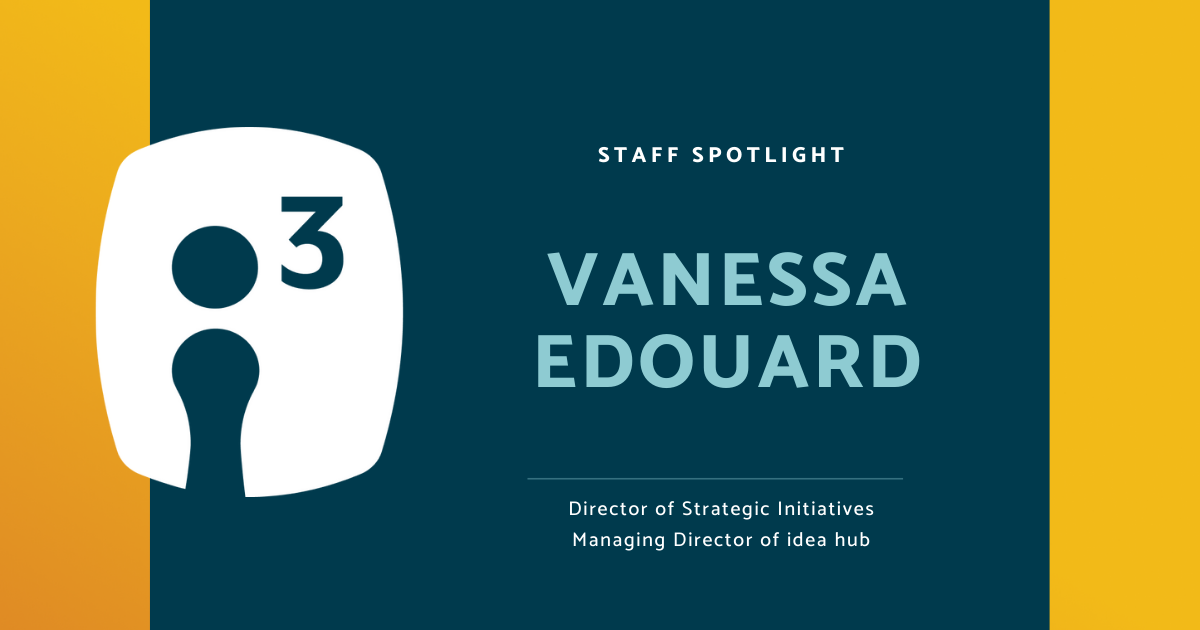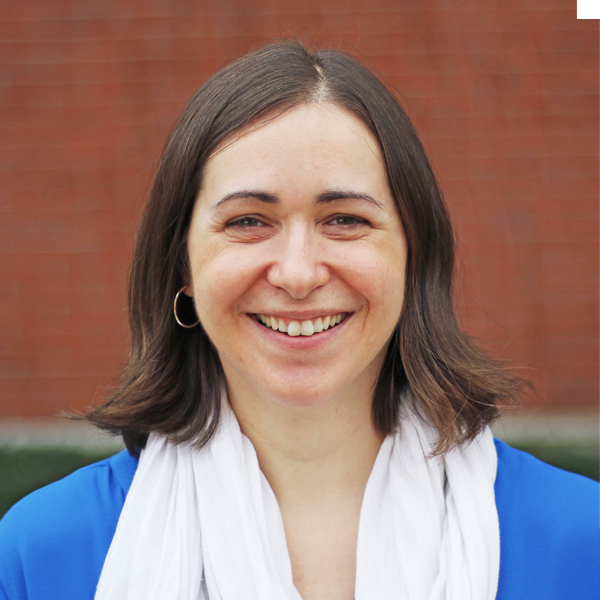“We are building something new that has rarely been attempted at a school of public health.”

What stands out about BU School of Public Health? Boston in general?
Why did you decide to have a career in public health?
“I like the complexities of public health. The work is hard and it is ongoing. The end point is health for all—and the field of public health can get us there. It requires a multifaceted approach—we need to be persuasive, use systems thinking, be inclusive, and, perhaps most of all, be humble.”
What is idea hub?
“idea hub is a ne w initiative designed to bring industry and academia together. We facilitate mutually beneficial partnerships, where industry fills a critical business need, while faculty and students conduct important public health scholarship.
w initiative designed to bring industry and academia together. We facilitate mutually beneficial partnerships, where industry fills a critical business need, while faculty and students conduct important public health scholarship.
idea hub gives me the opportunity to be an intrapreneur. We are building something new that has rarely been attempted at a school of public health. We get to be creative and (gently) push boundaries. It is intellectually stimulating. I’m particularly enjoying the relationship building part of our work – Craig Ross and Gwenn Fairall are fantastic teammates, we have an ambitious and accomplished advisory board, and we engage with faculty, staff, and students from across the school. I enjoy getting to know our industry partners. They understand the value of having public health at the center of their business and how improving population health can improve their bottom line.”
What inspires your work at idea hub?
“Increased engagement with the industry represents a key opportunity for us to maximize real-world impact. More than 1/3 of Americans work for large companies. Imagine how much progress we could make in eliminating health disparities if organizations place public health at the center of their decision making, and adopt a “health in all products” framework. Even a small shift within any of these areas could have a large impact.”
Can you tell us more about the work you and idea hub do around health inequities?
“Our work at idea hub is focused around the school’s Strategic Research Directions, including health inequities. For example, one of our projects includes a diverse group of MPH and MS students from the school of public health and hospitality administration and other projects are centered on social determinants of health and identifying breast cancer reoccurrence in diverse populations. We are also now offering micro-consulting for industry partners interested in infusing public health into strategic planning, including how to invest in anti-racist initiatives. We also promote the work of our faculty around inequities in our blog posts and social media to highlight the importance of addressing these issues.”




